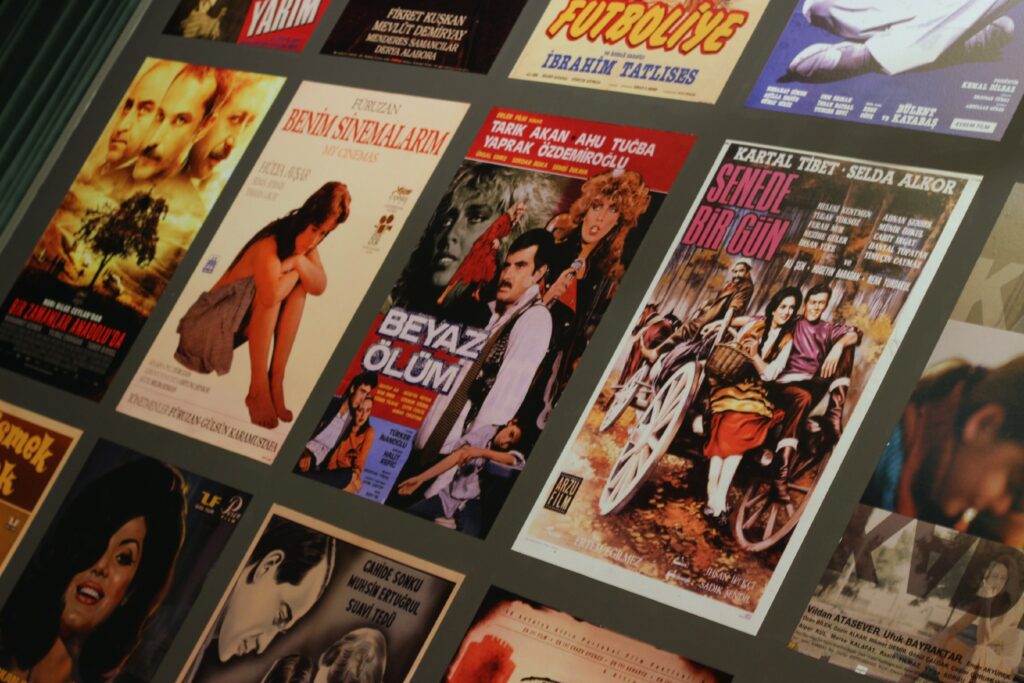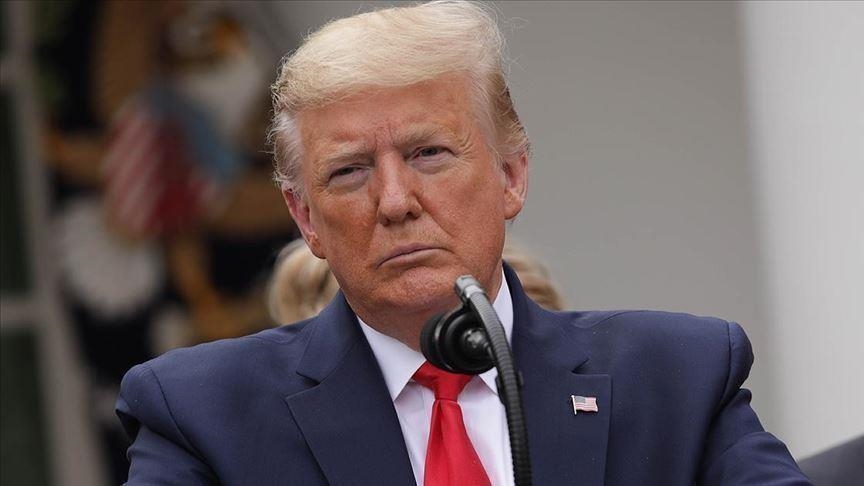A true model for the Muslim future
Today, Turkey is run by the first democratically elected — and pragmatically successful — Islamic party in the Muslim world’s history. A healthy plurality of Turks voted for the Justice and Development Party not because they wanted more Islam, but because they believed the party could get things done. And it has. The past two y ears have brought extraordinary changes, from needed democratic reforms to a wholesale remaking of the economy. At the same time, the country is loosening its old geopolitical moorings. NATO membership notwithstanding, Ankara told Washington "no" in attacking Iraq from Turkish soil. With negotiations likely to begin soon on joining the European Union, Turkey in the future will grow closer to Europe than to America. All together, we have a fascinating new dynamic.
Ironically, it’s only with these successes that Turkey could at last become a true model for Muslims worldwide. The point is not that the country needs an Islam-oriented government to succeed. It is the possibility of having one, rotating in and out like any other party, that places Turkey’s democracy on a truly representative and sound footing. Most other Muslim states in the world are racked by clashes between harsh dictatorships and Islamist parties, which now represent the primary opposition to authoritarianism. Turkey is the first Muslim state that has solved this problem by successfully moderating and integrating Islamists into the political system.
What about the old Turkish model? In fact, the famed "secularism" of the past was not really that at all, at least as Americans or Europeans would understand it. For all his brilliant reforms, Mustafa Kemal Ataturk, the saviour and founder of modern Turkey after World War I, suppressed Islam entirely in the public sphere; his Westernized elites often ridiculed it. Ataturk in effect performed a cultural lobotomy on the country. Public reference to the brilliant accomplishments of 700 years of the Turkish-Islamic Ottoman past were extirpated. Turkish politics over the last 80 years seethed as traditional elites, proud of their past and comfortable with their moderate Islam, fought for recognition in the new Turkish republic. The balance is now swinging back to a more normal center in which the Turkish Islamic past is increasingly reintegrated into the political order. This is a healing process of reconciliation, vital for democracy.
Turkey has never been stronger. The next test will be to see how this new government handles Islamic radicalism — or terrorism — and whether it can forge a more modern understanding of what role Islam should (or should not) play within the country’s political order.
If the European Union is concerned about "cultural indigestion" in absorbing a Muslim country into its ranks, what better model could it find? Should the European Union be unable to accept the new Turkey, then its claims to genuine multiculturalism will have been shown to be empty. And yes, the West must acknowledge that what we are witnessing in Turkey is a modern, moderate form of "political Islam." The term cannot be reserved only for the crazies. Let’s recognize the progress Islam has made.
Turkey’s new independence from the United States is no less welcome. It will always value ties to America. But Turkey is no longer the predictably reliable ally who always says "yes." It is not only cultivating new relations with Europe, but reaching out to neighbors in the Middle East. While this may not please hegemonists in Washington, it is proof that Muslim nations can, in fact, combine Western and Islamic political values and join a community of Western nations without necessarily having a MADE IN THE U.S.A. stamp upon them. This is why a bold new Turkey has at long last become a true model for the Muslim future.
Fuller is a former vice chairman of the National Intelligence Council at the CIA. His latest book is "The Future of Political Islam."



